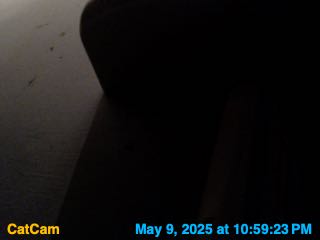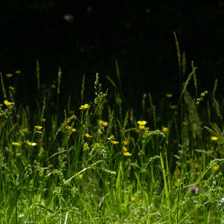Letter #332
From: Vincent van Gogh
To: Anthon van Rappard
Date: The Hague, on or about Wednesday, 21 March 1883
I dislike writing or talking about technique in general, Rappard — although all the same I sometimes long to talk about how to realize some idea or other that I might have, be it with you or with someone else, and I don’t take the practical value of such discussions lightly.
However, this latter doesn’t alter the first thought — which perhaps I’m not expressing properly. That first thought — I can’t exactly put it into words — is based not on something negative but on something positive.In the positive awareness that art is something larger and loftier than our own skill or learning or knowledge. That art is something which, although produced by human hands, is not wrought by the hands alone but wells up from a deeper source in our soul, and that I find something in dexterity and technical knowledge about art that reminds me of what, in religion, they’d call self-righteousness.
My laziness this afternoon sent me to the online letters of van Gogh where I discovered that the letter listed in Penguin’s The Letters of Vincent van Gogh listed this as being part of a letter to Rappard in late March 1884. That’s sort of confusing but the website offers this: “Arrangement: In De brieven1 990 a sheet was included as part of this letter that we have placed, on grounds of content, with letter 332. It contains a false reference to an earlier part of the letter, and the duct of the handwriting and type of paper differ from that of the present letter. See also letter 332, Arrangement.”
and so from various letters, all to Rappard, about art and technique:
And now the painters — is the purpose and non plus ultra of art those singular spots of colour — that waywardness in the drawing, that which is called distinction of technique? Certainly not. If one takes a Corot, a Daubigny, a Dupré, a Millet or an Israëls — fellows who are certainly the great forerunners — their work is beyond the paint, it stands apart from the chic fellows, just as an oratorical tirade (by, say, a Numa Roumestan) is something very different from a prayer or — a good poem.
One must therefore work on technique in so far as one must say what one feels better, more accurately, more profoundly, but — with the less verbiage the better. But the rest — one needn’t occupy oneself with it.
and this
What I’m saying in this letter amounts to this — let’s try to get the hang of the secrets of technique so well that people are taken in and swear by all that’s holy that we have no technique.
Let the work be so skillful that it seems naive and doesn’t stink of our cleverness.


